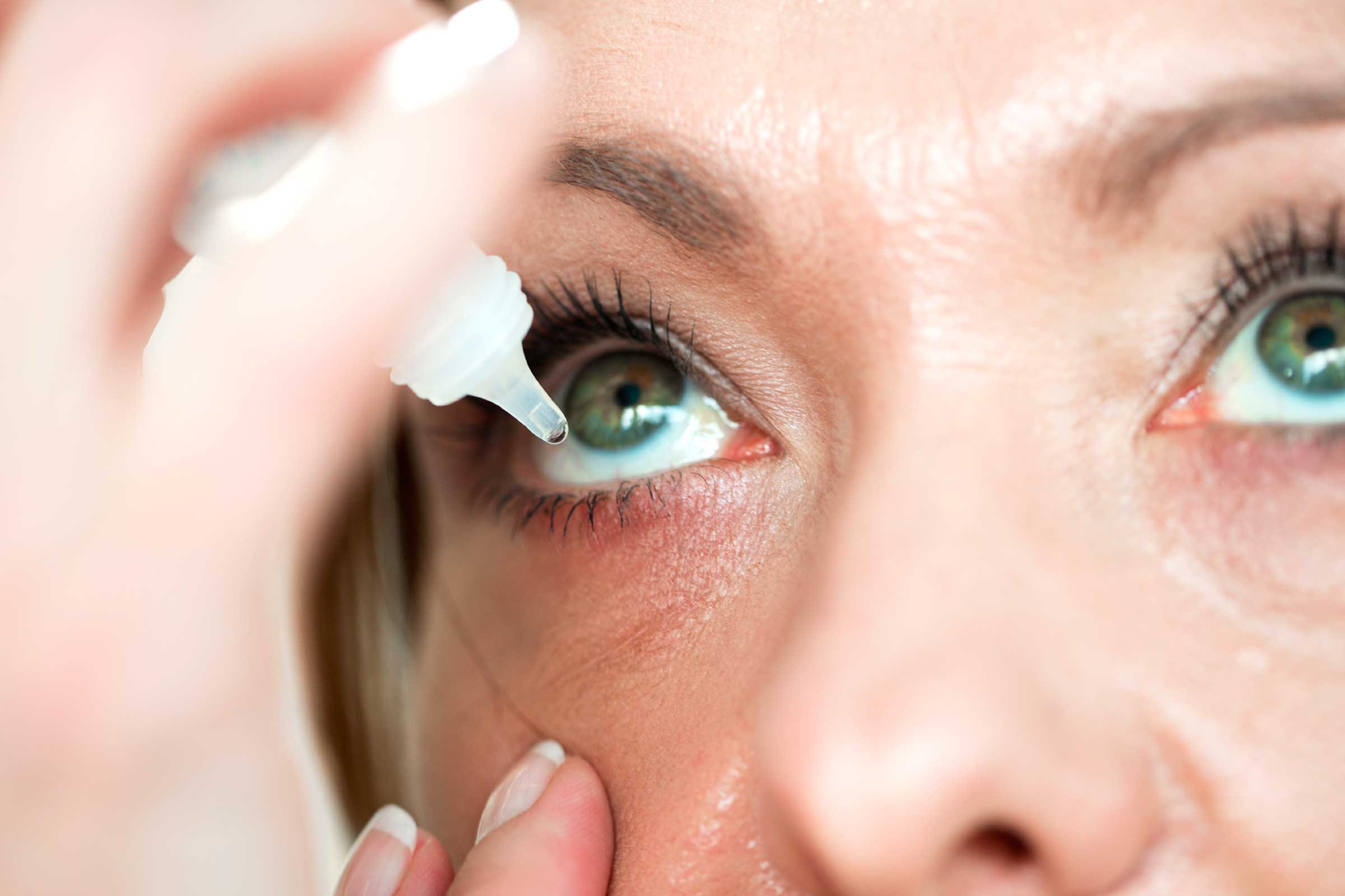
You’re over age 42
Perimenopause encompasses a much larger part of a woman’s life than the more common “menopause,” says Christine Northrup, MD, author of Women’s Bodies, Women’s Wisdom. “Menopause simply means after a woman’s final period,” she explains. The average age of menopause is 52; perimenopause describes the hormonal transitions leading up to that, and can be a decade-long process. If you’re younger than 42 and experiencing perimenopause symptoms, doctors will deem it premature (and likely investigate other causes) but if you’re over 42? It’s completely normal, natural, and, Dr. Northrup adds, not a bad thing. In fact, perimenopause can be a very positive experience for women.

You’re super clumsy—and have the bruises to prove it
Dropping things, running into furniture, or slipping like Bambi on an icy sidewalk may remind you of a teenage growth spurt, when your body was changing into almost an entirely new being. And, Dr. Northrup says, it’s not so different now. While you’re not gaining height you are getting a new body and clumsiness is a sign that premenopausal changes are happening. In addition, she says that fluctuations in hormones can make skin thinner, making you bruise easier.

You’ve become addicted to eye drops
Strangely, the eyes may be one of the first places that hormonal changes start to manifest—and we’re not just talking about wrinkles. Having excessively dry eyes and changes in your vision (like going from near-sighted to far-sighted) are common symptoms of perimenopause. Here are some signs you need to get reading glasses.

You’re looking for your cell phone—while you’re talking on it
More forgetful than you once were or feel like you exist in a constant mental fog? Blame hormones for that too, Dr. Northrup says. Estrogen and progesterone need to be balanced to work in harmony but as women age, their progesterone naturally drops as they miss ovulation. That excess estrogen is converted into a stress hormone, which in turn affects the memory center of the brain. But, she says, don’t think of it as a “senior moment.” “Instead of being constantly aware of all the external details, the brain is refocusing and women are pushed more into their inner lives,” she says. “It’s an opportunity to focus on yourself.” Here are a few things you can do to sharpen your memory.

You’re crying and don’t know why
Jekyll and Hyde mood swings are one of the best-known symptoms of the “life change.” That’s because our moods are so closely tied to our hormone fluctuations, Dr. Northrup says. Instead of blaming yourself for overreacting, try to hone in on what, deep down, you might be really worried about. “It’s like when the moon pulls the tide out,” she says, “and you can finally see everything that’s been sitting on the bottom of the ocean.”

You’re gaining weight, but only around your waist
Gaining weight as you age is normal, but not inevitable, Dr. Northrup says. Women often see weight gain as a sign their bodies are turning on them, but she says to think of it more as your body trying to help you bounce back from an unhealthy lifestyle. “It’s your body’s way of saying ‘I’m not going to let you get away with treating me poorly anymore’ and it’s time to start really taking care of yourself.” As your metabolism slows with age, you’ll need to consume fewer calories (and make them high-quality, nutrition-packed ones) and burn more calories, particularly through strength training exercises.

Lotion is your new best friend
As your progesterone levels drop, there’s a breakdown of collagen in the skin, which makes it thinner and drier, Dr. Northrup says. The lighter your skin, the more prone you are to this effect. Many women often experience flare-ups or new cases of allergies and eczema during perimenopause. Try these tricks to treat dry skin.

You’re up all night
Insomnia is a major side effect of skipping ovulation. Progesterone is a calming hormone, so when you have less of it you may feel more anxious. Consider these doctors’ tips for better sleep, or try these foods to help you sleep more easily.

You suddenly want not just a new job, but a new career—and maybe even a new life
This inward-focusing effect of your hormonal fluctuations can break women out of “the family trance,” as Dr. Northrup calls it. Some women might have an existential crisis, questioning if this is all there is to their lives. But it needn’t be a catastrophe, she says; rather, look at it as an opportunity to figure out what you want out of your life after so many years of caring for other people. Giving yourself permission to explore these thoughts can make all the difference between a bona fide breakdown and an exciting new chapter.

You don’t feel much different at all
Some women are surprised to discover as they age that nothing really seems to change much. They hear horror stories about hot flashes and mood swings but their bodies feel mostly the same, maybe a little wrinklier. It’s not just luck or good genes. As Dr. Northrup says, these women are usually busy, flourishing in a career, in love, and happy. It’s not that their lives are perfect, but that they’ve gotten good at listening to their bodies and taking care of themselves. “Our expectations and beliefs about aging are more potent than the actual process of aging,” she says. “Perimenopause can be the portal to the best, most fulfilling years of your life.”